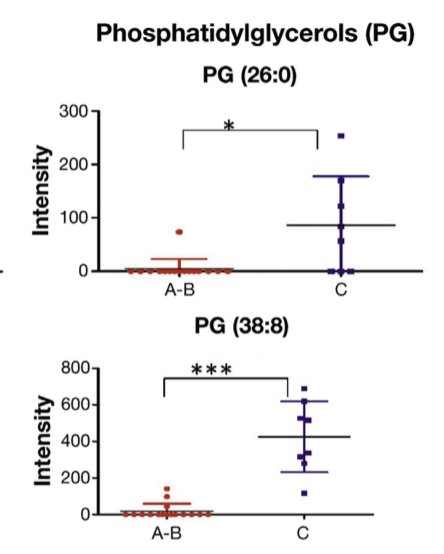So, you have IBD, either Crohn’s disease or ulcerative colitis. Your doctor has worked with you to deal with your underlying disease. What should you do between flares of disease and long term?
Gastroenterologists think of their patients in several ways. One major way to think about our patients is what are we doing for treatment of the disease and what are we doing for general medical care. Gastroenterologists are specialists in digestive disease. But all gastroenterologists first are trained in internal medicine before getting the additional training to become a gastroenterologist.
An article in the April 2019 issue of Clinical Gastroenterology and Hepatology had a nice review of preventive care for patients with IBD. The recommendations fall into two broad categories: Screening Recommendations and Recommendations for follow up for certain drugs.
Screening Recommendations
Screenings are done to prevent certain problems that affect IBD patients more often related to risks due to the underlying disease and due to treatments.
Immunizations in IBD include the usual recommendations. Special attention is due to Influenza, pneumonia, and shingles. Flu shots with injected vaccine is recommended. The live virus nasal vaccine should be avoided. Pneumococcal vaccine should be given to all IBD patients on immunosuppression, shich is pretty much everything except mesalamine related drugs. Shingles vaccine is recommended for IBD patients over age 50. All IBD patients should get the HPV vaccine.
Skin cancer risk is increased in individuals on Anti-TNF drugs, azathioprine, 6-MP, and tofacitinib. Routine use of sunscreen and protective colthing is advised. Acute sunburn is more common on steroids as well, due to photosensitization. Consultation with a dermatologist is suggested.
Exercise is recommended for all patients to decrease the risk of osteoporosis. Calcium and Vitamin D should be checked and supplemented as appropriate. The paper says that about 1000 IU of vitamin D is needed. I believe the paper is incorrect here. Vitamin D is usually low in patients and a dose of 5000 IU of cholecalciferol is needed to keep the level over 4000 ng/dl in most patients.
Patients have an increased risk of colon cancer. Colonosocpy is recommeded in patients with over 30% of their colons involved with IBD after 8 years of disease or sooner if other family risk factors are present. If sclerosing cholangitis is present then colonoscopy should be done as soon as practicable.
Women on immunosupression should get yearly PAP smears.
Patients on steroids for more than 3 months should get a DEXA scan for checking bone mineral density. (Budesonide and rectal steroids are not as risky.)
Recommendations for follow up for certain drugs
Certain drugs need specific follow ups.
| Drug | Tests | Notes |
|---|---|---|
| Mesalamine | CBC Creatinine UA |
Allergic nephritis can develop. Check every 3-6 months. |
| Thiopurines | CBC LFTs |
Check TPMT before starting if available to identify patients. |
| Methotrexate | CBC Creatinine LFTs |
At start, weeks 2, 4, 8 then every 1-3 months. Give folic acid. Chest x-ray at 6-12 months. |
| Tofacitinib | CBC LFTs Lipid Panel TB test Hepatitis B |
Check labs every 3 months. Check lipid panel at 4-6 months. Check TB test at start and 2 months into treatment. Get Hepatitis B tests before starting. |
| Biologics | CBC Creatinine LFTs TB test Hepatitis B |
Get TB and hepatitis B tests before start. Check for TB twice a year in high risk patients. Get Hepatitis B tests before starting. |
Final Thoughts
You can bring this to your doctor or send the reference to the article that I have provided below. Also, do your part and show up to see your doctor. He can’t do his part if you don’t do your’s!
References
- Weaver KN1, Long MD2. Preventive Medicine in Inflammatory Bowel Disease. Clin Gastroenterol Hepatol. 2019 Apr;17(5):824-828. PMID: 30529728.
